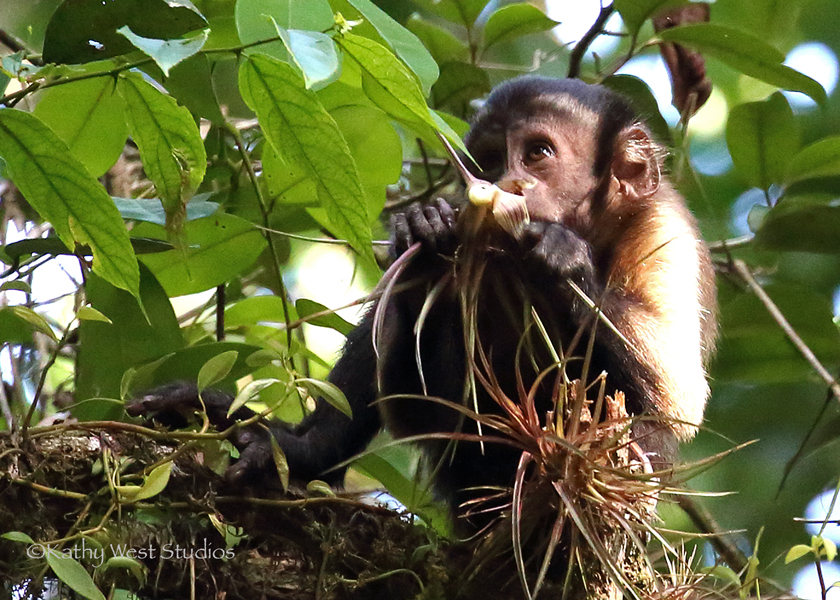
COVID fund application
American Society of Primatologists
COVID-19 Fund Application for Habitat-country Field Workers and Field Sites

The Conservation Committee of the American Society of Primatologists eagerly provided resources to habitat-country personnel in their efforts to prevent the spread of COVID-19 to project personnel, wild animals (particularly primates), and people in nearby communities. We recognize that personal protective equipment and sanitizing agents are basic to maintaining the health of humans and nonhuman primates, but we also understand that maintaining critical personnel at field sites can protect the primates and their habitat. Thus, we envisioned these funds should be used for the following:
- face masks
- gloves
- hand sanitizer and soap
- disinfectant and cleaning supplies
- COVID-19 testing
- funding to maintain critical personnel at a field site
- items not listed above should be justified as necessary for the safety of the primates and justified financially (i.e., why this item could not be covered by regular field site funds)
AWARD RECIPIENTS
Applications were reviewed as they were received. By accepting these funds, applicants acknowledged that the funds would be used only for their intended use. Successful applicants were required to provide feedback regarding fund expenditure in the form of a brief report within four to six months after receiving funds.
Covid-19 presented unique problems for many primate field sites, especially the inability to maintain regular monitoring and protection for species in protected areas and research stations, and the introduction of protocols to prevent the spread of COVID-19 to members of the local community and wild primates. We awarded six proposals ($300/award) from field researchers in Africa, Madagascar, and South America from September 2020 to August 2021. These awards were distributed to pay for personal protective gear, researcher and staff salaries to continue primate monitoring, and/or educational materials to explain how non-human primates can contract human diseases, particularly respiratory-borne diseases like Covid-19.
- Dr. Martin Kowalewski, Corrientes Biological Research Station, Argentina: primate species: black howler monkey (Alouatta caraya).
- Dr. Edward Mujjuzi, Nabugabo Research Station, Central Uganda: Angolan colobus (Colobus angolensis) and vervets (Chlorocebus pygerythrus).
- Dr. James Bukie, Cross River State, Nigeria: drill (Mandrillus leucophaeus) and Cross River gorilla (Gorilla gorilla).
- Dr. N’golo A. Kone, Como National Park Research Station in Ecology, Como National Park, Côte d’Ivoire, West Africa: western chimpanzee (Pan troglodytes verus), white-thighed colobus (Colobus vellerosus), olive colobus (Procolobus verus), white-naped mangabey (Cercocebus lunulatus), eastern spot-nosed monkey (Cercopithecus petaurista petaurista), Lowe’s monkey (Cercopithecus lowei), green monkey (Chlorocebus sabaeus), patas monkey (Erythrocebus patas), anubis baboon (Papio anubis), West African potto (Perodicticus potto potto), and galagos (Galago senegalensis senegalensis, Galagoides demidoff and/or Galagoides thomasi).
- Dr. Kareen Zabow -Tacugama Chimpanzee Sanctuary, Regent, Western Area, Sierra Leone, West Africa: chimpanzee (Pan troglodytes verus).
- Ms. Claire DeHeaulme Foulon and Mr. Henri DeHeaulme, Arambelo, Berenty Reserve, Madagascar: ring-tailed lemur (Lemur catta); sifaka (Propithecus verreauxi); brown lemurs (E. rufifrons x E. collaris); bamboo lemur (Lepilemur leucopus) and mouse lemurs (Microcebus murinusand Microcebus griseorufus).
We are very grateful to ASP members and the public who donated approximately $2,000 to help protect primates and preserve functioning field sites during the pandemic.